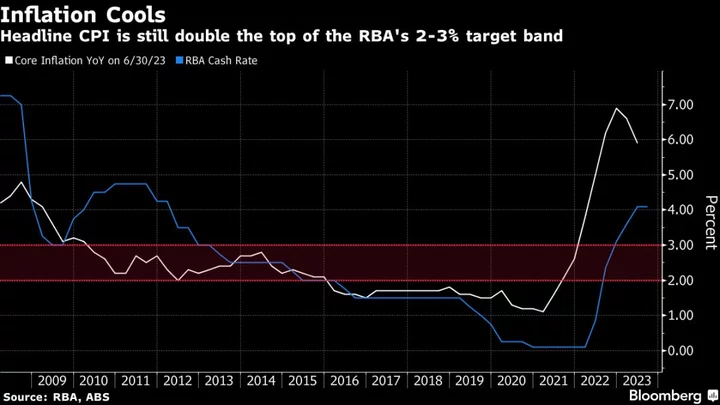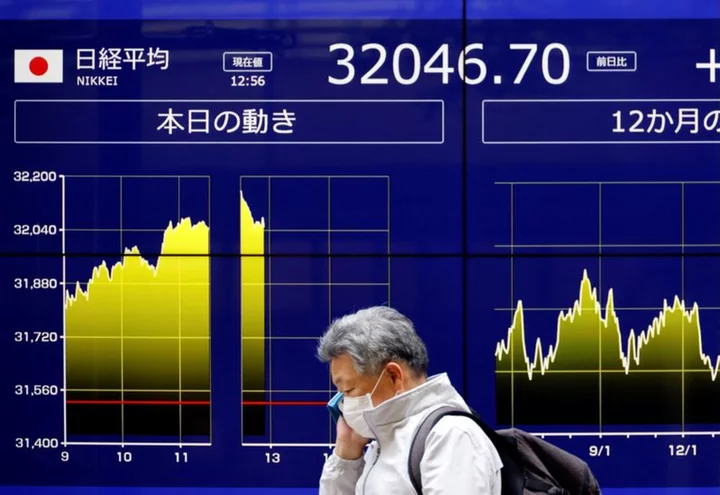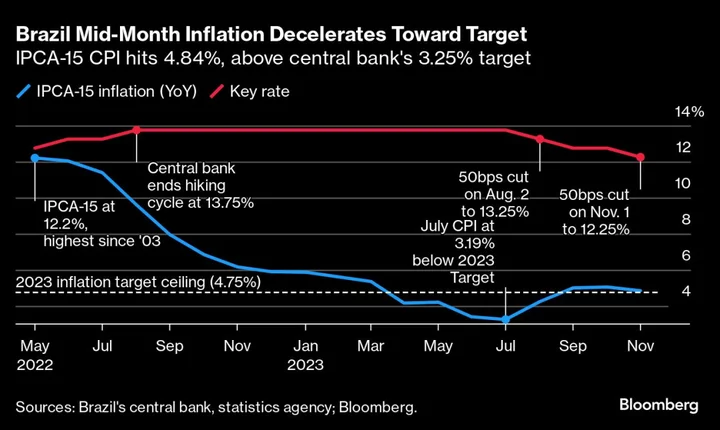Thailand’s Prime Minister Srettha Thavisin defended a controversial plan to borrow billions of dollars to fund a cash handout program, saying Southeast Asia’s second-largest economy is in a crisis and needed a stimulus to end a cycle of low single-digit growth.
Srettha’s administration last week unveiled plans to distribute 10,000 baht ($277) each to about 50 million Thais as a one-time measure to stimulate consumption and spur business activities. The so-called digital wallet program that will cost 500 billion baht will be funded through state borrowing and a special bill will be passed by parliament early next year to facilitate the fund-raising, according to Srettha.
The move to resort to borrowing as opposed to carving out the fund from state budget as was previously indicated by Srettha, drew criticism from opposition parties and economists on concern it will saddle the nation with public debt and stoke inflation. Bank of Thailand Governor Sethaput Suthiwartnarueput, who had disapproved the handout plan from the outset, voiced his dissent again at a meeting with Srettha on Friday before it was unveiled, The Nation reported.
On Monday, Srettha said the additional borrowing is estimated to increase the government’s public debt to just 64% of gross domestic product from 61% now, which will still be below the legal ceiling of 70%. The level of public debt will not swell much if the handout helps expand economic growth, he said in a statement Monday.
Srettha, a former property tycoon-turned-premier, has said the cash handout “will act as a trigger to revitalize the economy,” that has expanded at less than 2% average in the past decade, well below its Southeast Asian neighbors such as Indonesia, Malaysia and Vietnam. The payment was also the flagship pre-election promise of Pheu Thai Party that leads the current coalition government.
“The government believes we are in a crisis and the economy needs stimulus,” Srettha said. “If there’s no economic growth, one day no one may want to invest in Thailand.”
Srettha also downplayed differences with the central bank governor saying Sethaput had himself suggested that borrowing was better to finance the plan given the headroom in debt ceiling.
The main opposition Move Forward Party had the slammed borrowing plan for the handout, saying it will violate several existing laws and imperil the nation’s fiscal discipline and saddle it with interest and debt burden for years to come. It also warned of a potential sovereign credit rating downgrade.
“We now see a substantial risk of a wider deficit from the smaller-than-expected reduction in the handout and the new, large borrowing decree,” Nomura Holdings Inc. analysts Charnon Boonnuch and Euben Paracuelles wrote in a report. “The new borrowing decree also supports our view of a significant risk that at least one credit rating agency will lower Thailand’s sovereign credit rating outlook to negative from stable which we expect to materialize in” the first quarter, they said.









